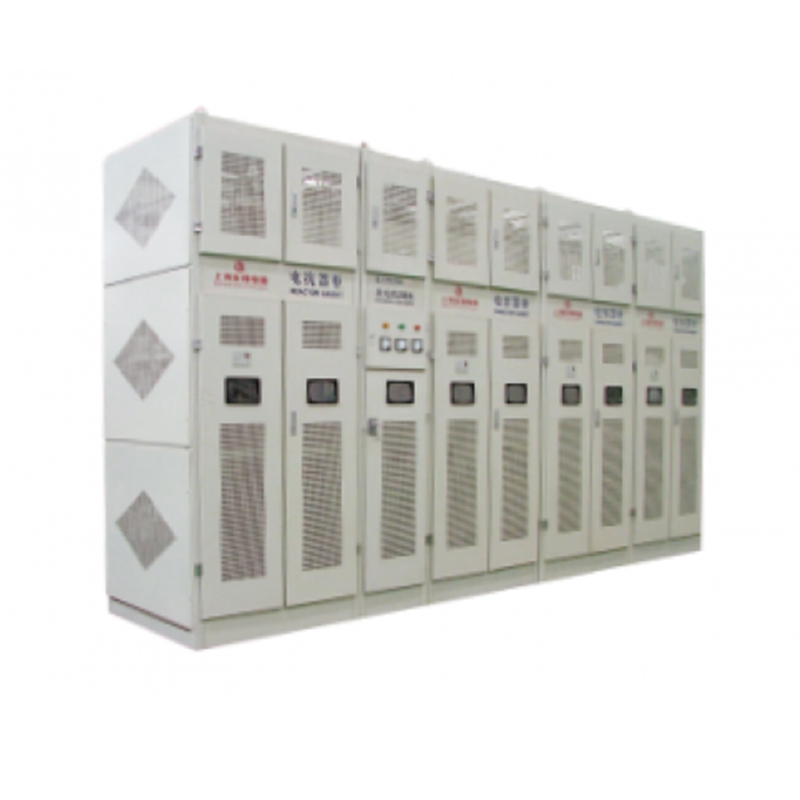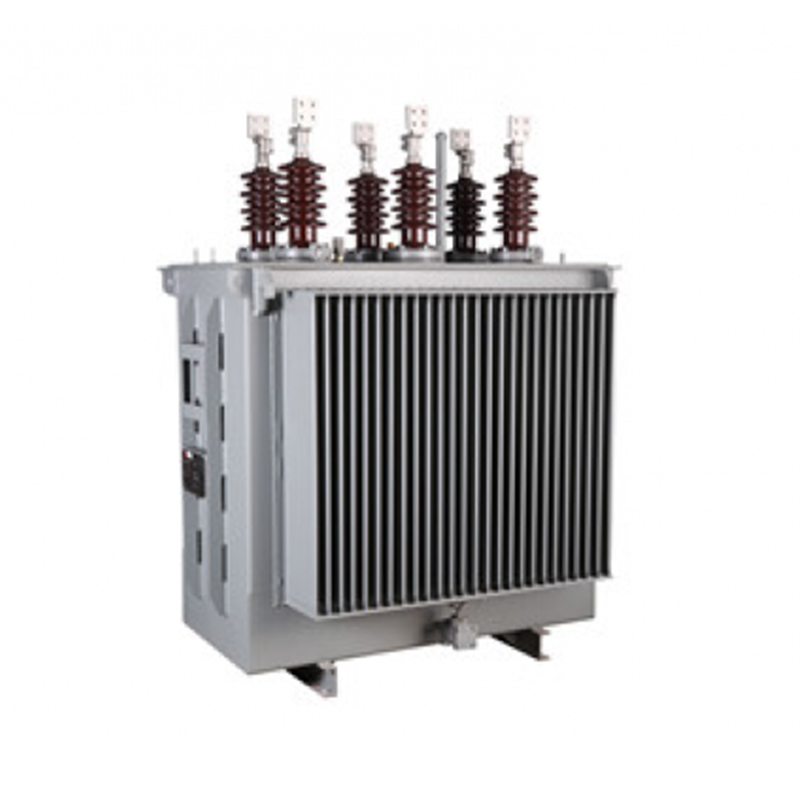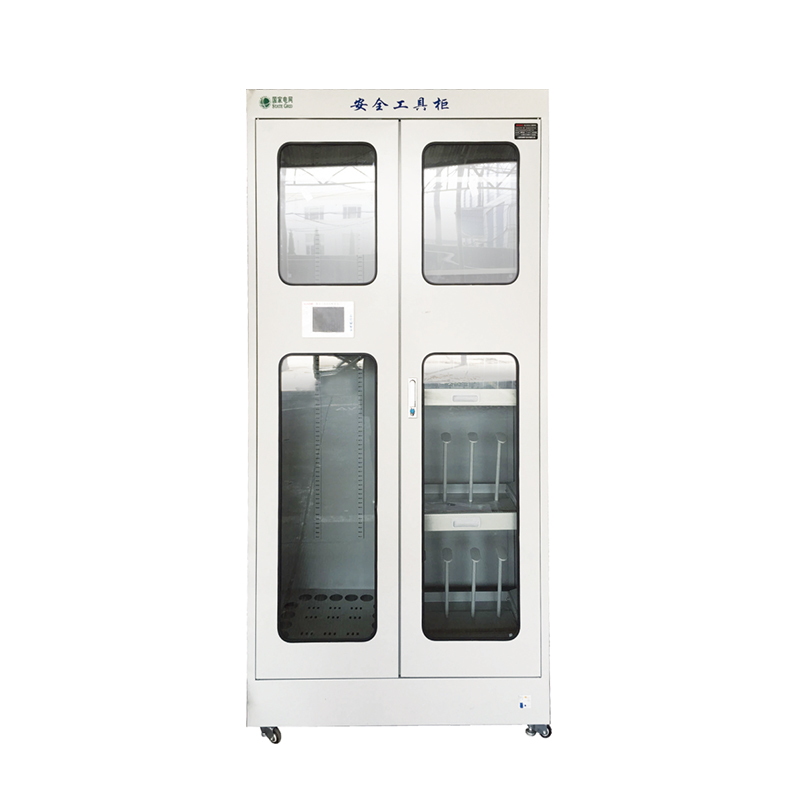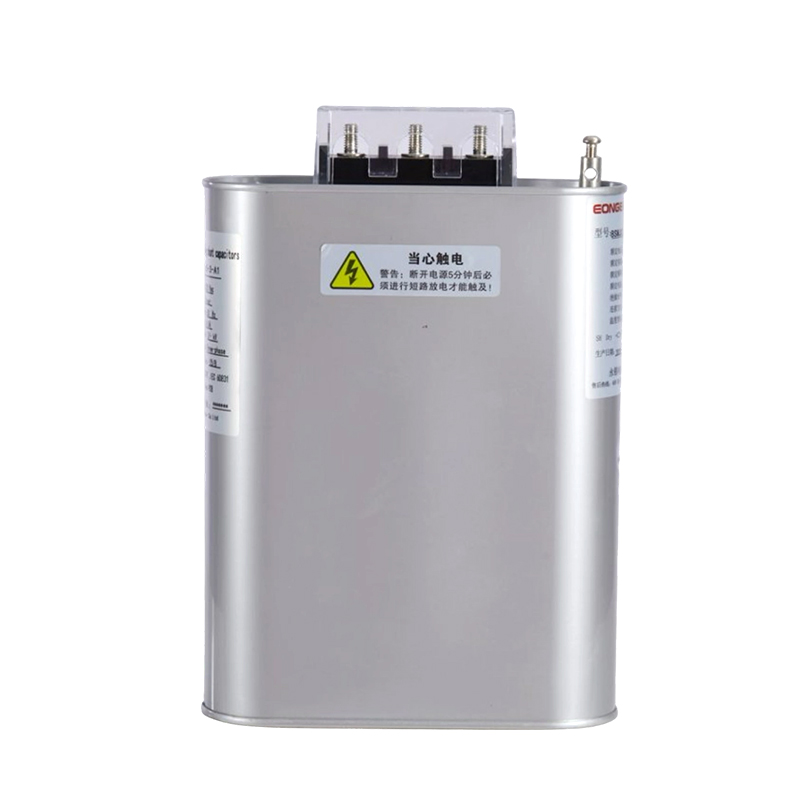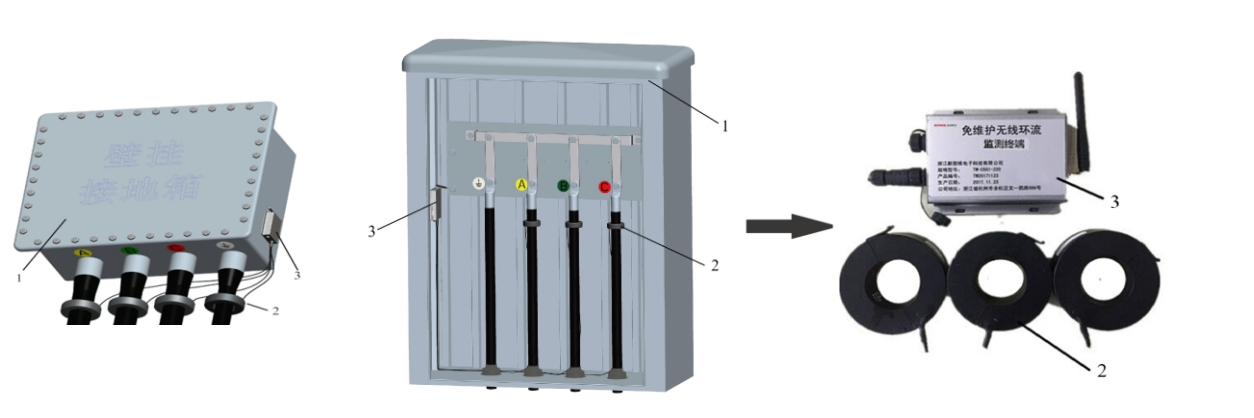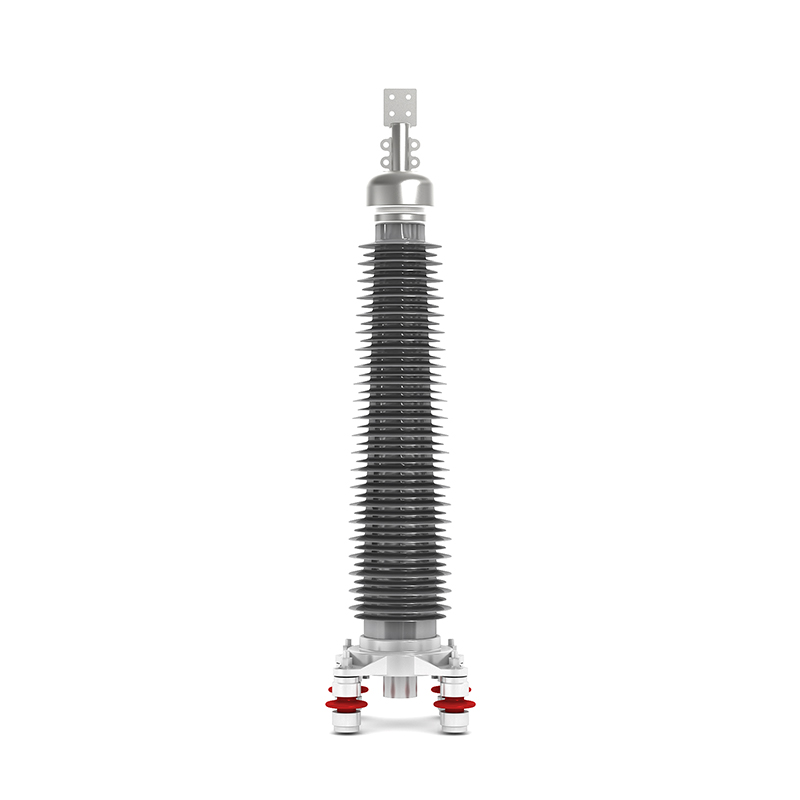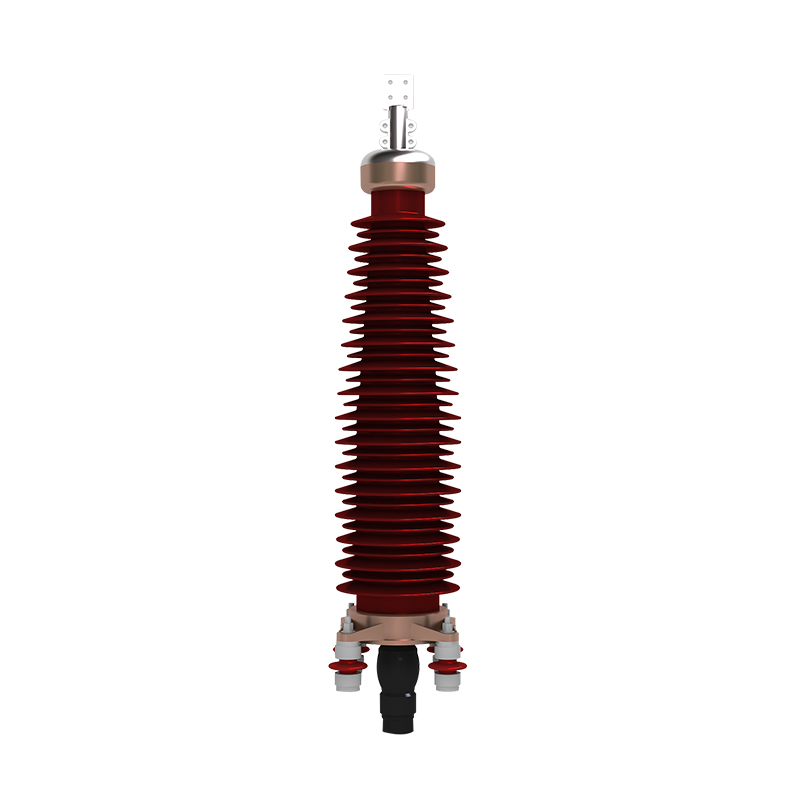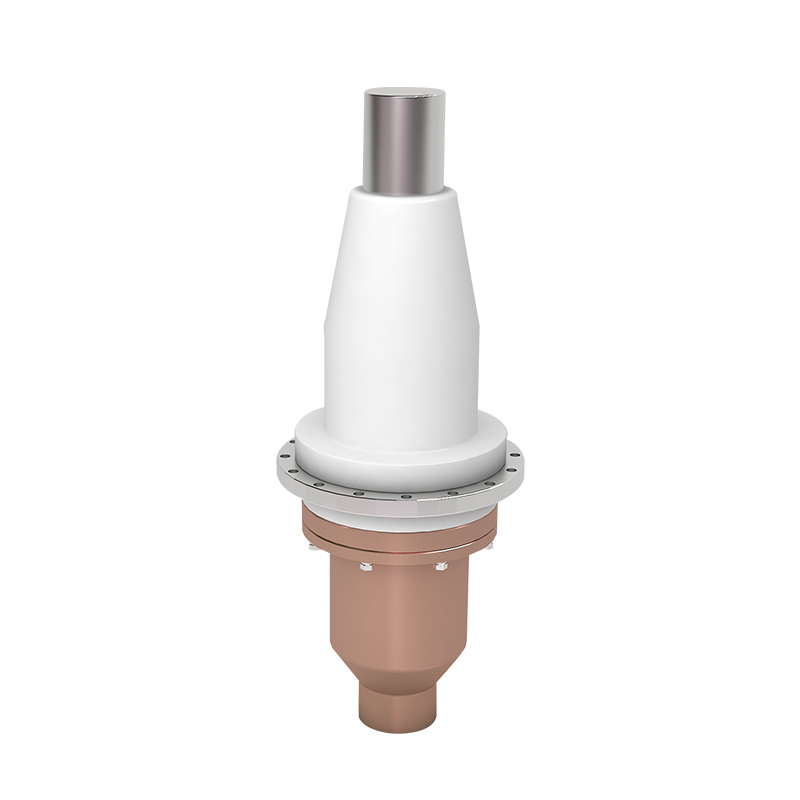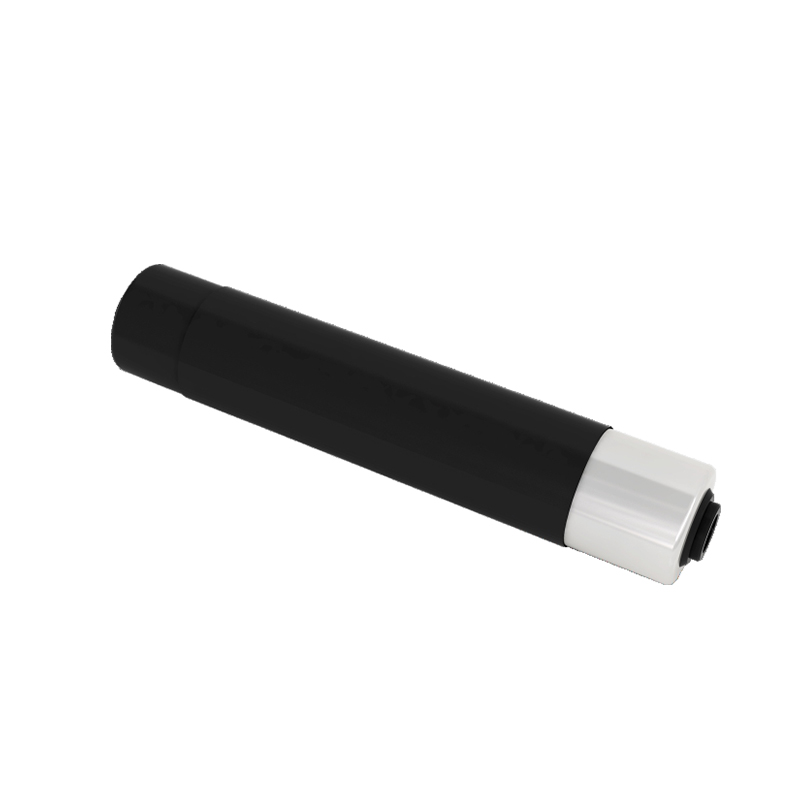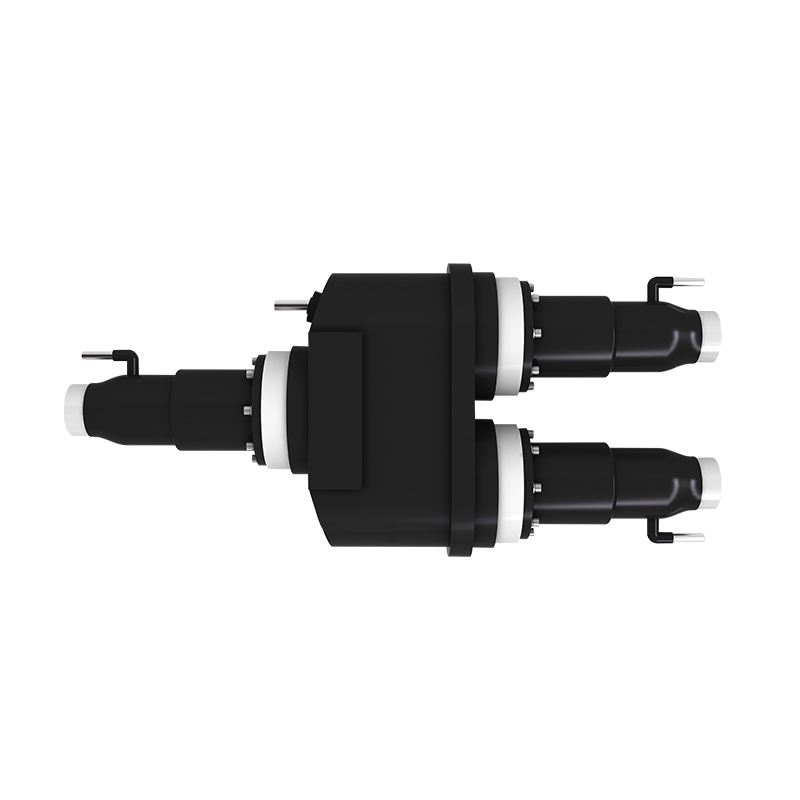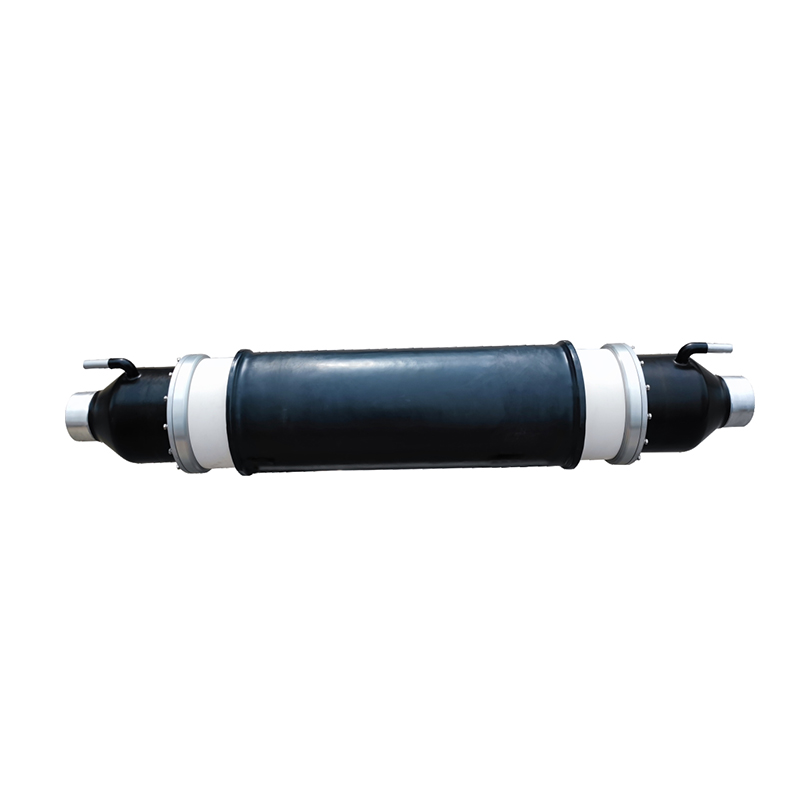Understanding the Voltage Withstand Capability and Insulation Performance of High Voltage Capacitor Units
Significance of Voltage Withstand and Insulation in High-Voltage Capacitors
High-Voltage Capacitor Units are critical components in electrical systems that must reliably store and discharge energy at elevated voltages. Their voltage withstand capability and insulation performance directly determine their safety, durability, and effectiveness. Without adequate insulation and the ability to tolerate high voltages, these capacitors risk dielectric breakdown, short circuits, or catastrophic failures, which can damage equipment and pose safety hazards. Therefore, evaluating these characteristics is essential for engineers selecting capacitors for demanding applications.
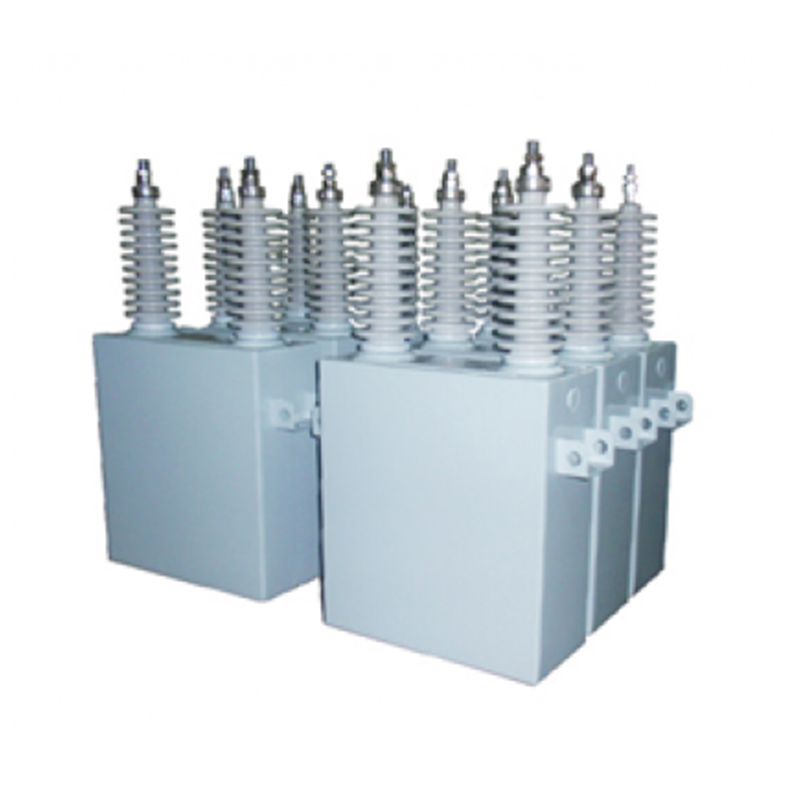
Voltage Withstand Capability: Definition and Importance
Voltage withstand capability refers to the voltage level a capacitor can endure continuously or during transient events without experiencing breakdown or permanent damage. This rating includes the nominal operating voltage as well as additional surge or impulse voltages that may occur in real-world electrical environments. A High Voltage Capacitor Unit must be designed to handle these voltages safely, providing a margin above the expected operating voltage to accommodate fluctuations and transient spikes.
Factors Influencing Voltage Withstand Ability
Several design and material factors influence the voltage withstand capacity of a capacitor. The dielectric material—often a specialized polymer film or ceramic—is fundamental, as its intrinsic breakdown strength determines how much electric field it can sustain. The thickness and quality of the dielectric layers, as well as the uniformity of the internal structure, are crucial to prevent localized weak points. Additionally, the electrode design and spacing affect the electric field distribution within the unit, impacting overall voltage tolerance.
Insulation Performance and Its Role
Insulation performance in a High Voltage Capacitor Unit ensures that electric current does not leak or pass through unintended paths. It prevents short circuits between conductive elements inside the capacitor and isolates the unit from the external environment. High-quality insulation materials with good dielectric properties are selected to reduce leakage current, reduce energy loss, and maintain stable capacitance over the capacitor’s lifespan. Good Insulation also improves resistance to environmental factors such as humidity, temperature variations, and contamination.
Testing and Standards for Verification
Manufacturers rigorously test High Voltage Capacitor Units to verify their voltage withstand and insulation capabilities. These tests include applying voltages higher than the rated operating voltage for defined durations to ensure no breakdown occurs. Insulation resistance measurements assess leakage current and dielectric integrity. Compliance with international standards such as IEC 61071 or IEEE standards assures users that the capacitors meet stringent performance and safety criteria, suitable for industrial, power, and utility applications.
Implications for Application and Safety
Capacitors with robust voltage withstand and insulation characteristics are essential in high-voltage power supplies, reactive power compensation, pulse power circuits, and other applications where reliability is critical. Properly rated units protect downstream equipment by maintaining stable operation under voltage surges and transient events. Moreover, good insulation reduces the risk of electrical faults and enhances operator safety by preventing leakage currents and electric shocks.
Conclusion: Essential Characteristics for High-Voltage Capacitors
The voltage withstand capability and insulation performance of High Voltage Capacitor Units form the foundation of their safe and reliable function in demanding electrical environments. Careful material selection, precise manufacturing, and thorough testing ensure these units withstand high voltages without failure. Understanding these characteristics allows engineers to select capacitors that provide both durability and protection, ensuring long-term operational stability and safety in high-voltage systems.
Recommended Products
The variety of models, to meet the development needs of various regions in the world.
-
Add: No. 508, Dongye Road, Dongjing Town, Songjiang District, Shanghai
-
Tel: +86-13757652508
-
E-mail: [email protected] [email protected]
 English
English 中文简体
中文简体 русский
русский Español
Español عربى
عربى